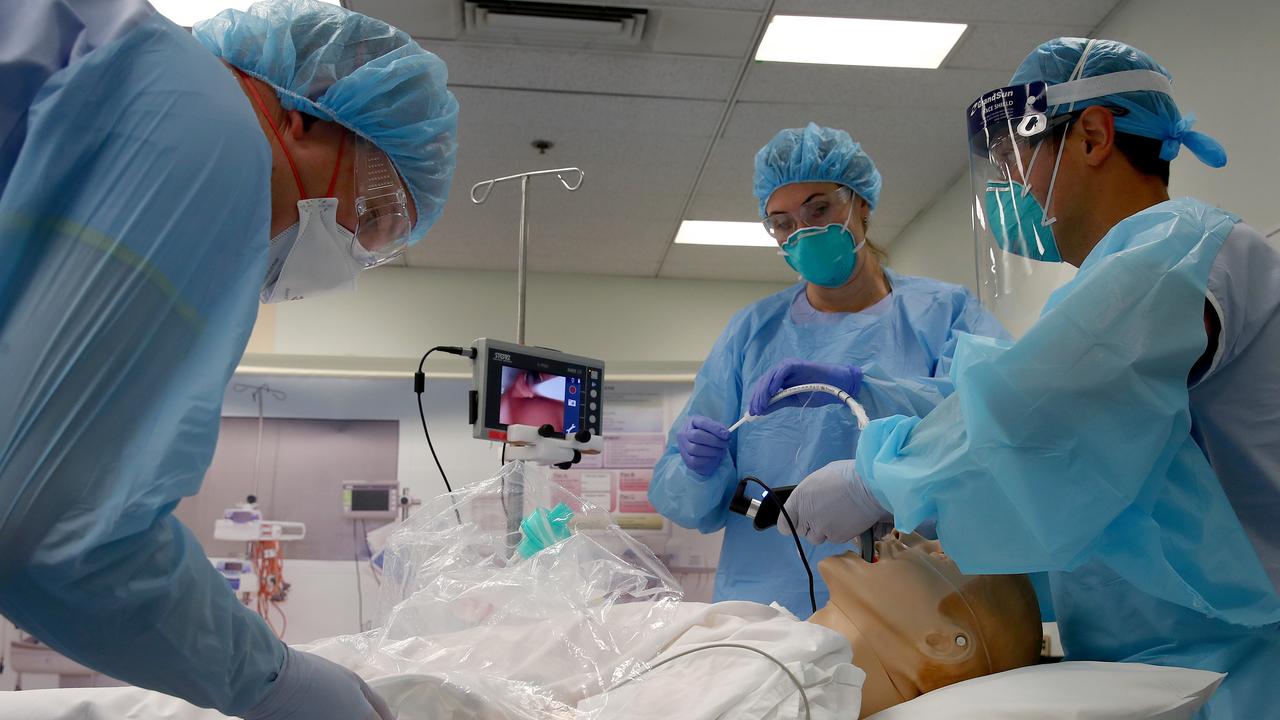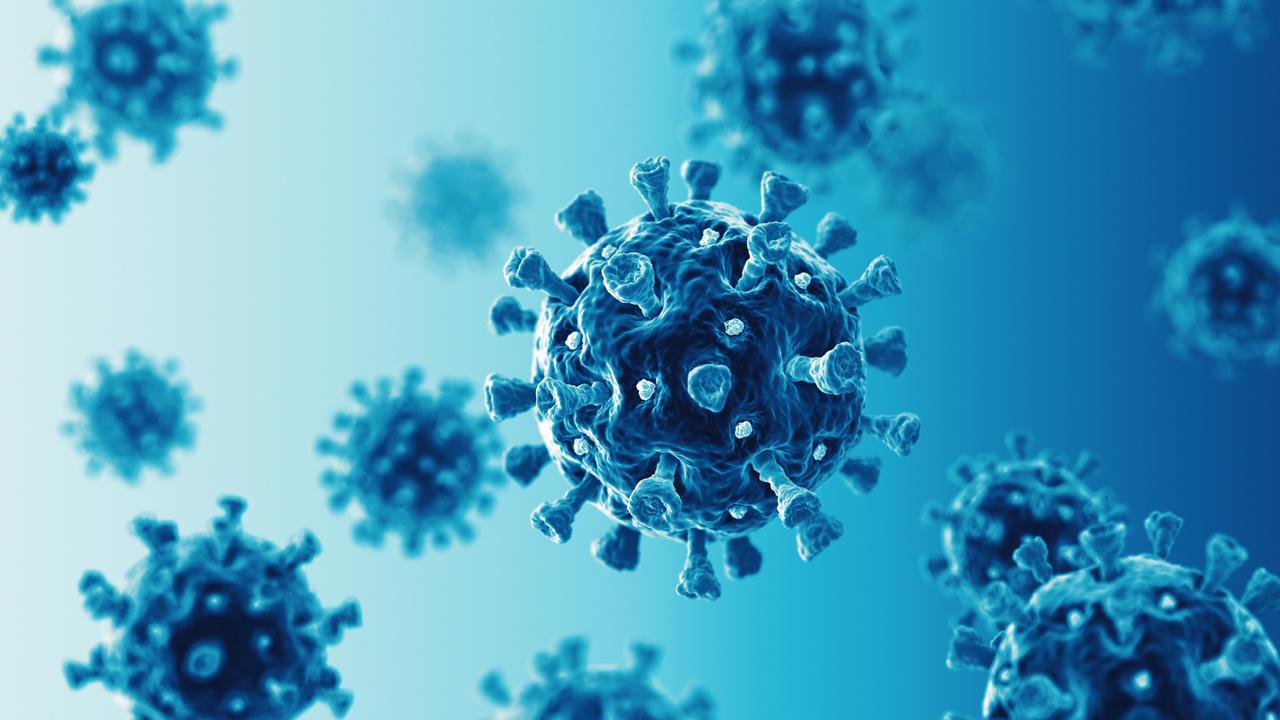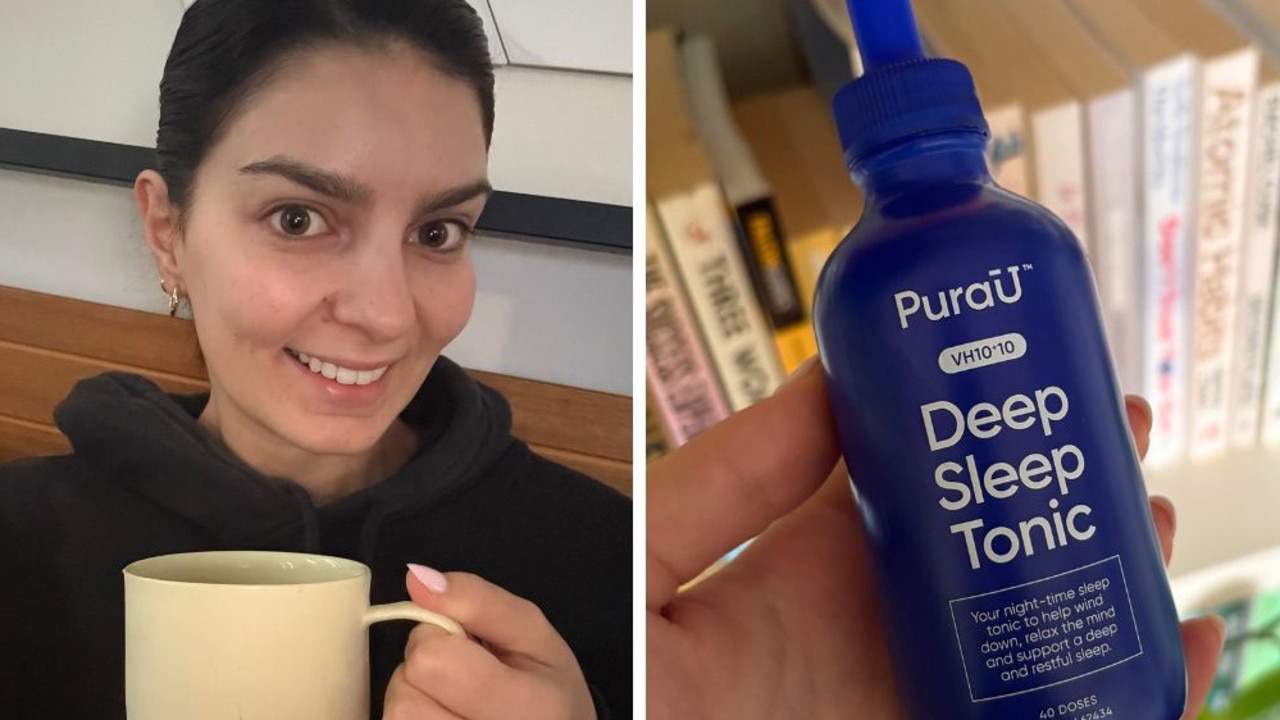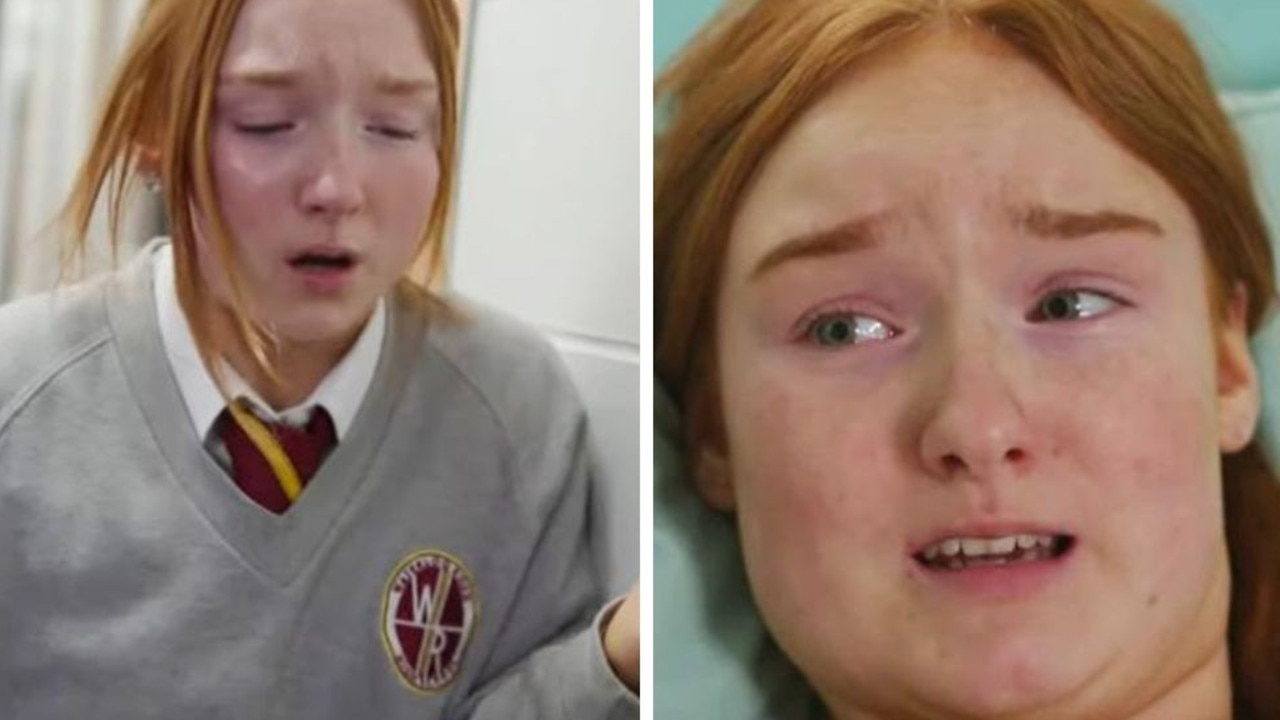Coronavirus: Hospital cases tumble as virus focus turns
A vital figure has improved by more than 90 per cent since the peak of the pandemic in Australia.

Australia has recorded a staggering virus reversal, with the number of hospital patients with coronavirus falling almost 90 per cent since early April.
Health officials revealed on Wednesday there were just 50 people fighting COVID-19 in hospital, well down on the 448 recorded just five weeks ago.
But experts have urged people not to get too complacent, especially as states and territories gradually begin to ease their restrictions.
CASES CONTINUE TO FALL IN AUSTRALIA
Australia is considered the envy of the world for successfully flattening the curve and maintaining a relatively low rate of virus cases and deaths.
While the United States and United Kingdom continue to struggle with the pandemic, the Australian government has unveiled a three-step plan to lift restrictions and move towards a “new normal”.
More than 900,000 tests have been carried out around the country since the pandemic began, and yesterday the whole country recorded just 13 new cases. The number of active cases has fallen to 700 nationwide.
But state premiers and health experts have stressed that people must continue to practice social distancing measures and get tested for the virus if they feel unwell.
At a press conference this morning, NSW Premier Gladys Berejiklian said it was important that people continue to get tested.
"Please know that many of us will need to get tested multiple times," she said.
"If you have a symptom and you get tested and you're negative, in a few weeks' time you might feel unwell again, you need to come forward and get tested again.
"Do not just assume that once you get tested and it's negative that you are cleared. Quite the contrary. If you develop symptoms at a later date, you do need to come forward and get tested again."
MENTAL HEALTH BECOMES THE NEW BATTLE
Attention is now turning to the mental health fallout from Australians having spent so long in isolation away from friends and family.
A new deputy chief medical officer has been appointed to deal with mental health ahead of the National Cabinet on Friday approving a plan to improve support services.
Just as the Government got “ahead of the curve” with the virus, Health Minister Greg Hunt announced former Victorian chief psychiatrist Dr Ruth Vine will play a crucial role in heading off major problems with mental health.
RELATED: Follow our full coronavirus coverage
RELATED: How we can avoid a second wave

Australia’s death toll rose to 98 on Wednesday after an 81-year-old passenger from the Ruby Princess died in NSW.
Meanwhile, Labor has said the Government is putting livelihoods at risk by not expanding the job subsidy program JobSeeker to more people who need it.
The federal opposition argued university and aviation staff should be entitled to it, as both sectors have been hit hard by the virus-driven shutdown.
RELATED: Calls to end JobKeeper
RELATED: 1.5 million antibody tests useless
In addition, shadow treasurer Jim Chalmers has warned the government to “be smart” about cutting off JobKeeper on its six-month deadline of September 27. “If you need to target it, if you need to taper it, if you need to do different things for different industries or for different kinds of workers, then put something on the table,” Dr Chalmers said. “But don’t just assume that everything’s going to be fine one day in September.”
A key factor in reopening the economy – the COVIDSafe app – is now doing its tracing work after all states and territories signed up to privacy and security protections.
Five medical practitioners who are also MPs are set to throw their weight behind the app, which is now in the pockets of 5.6 million Australians.
David Gillespie, Katie Allen, Mike Freelander, Richard Di Natale and Andrew Laming will jointly plead for greater support for the app in Canberra on Thursday morning.



